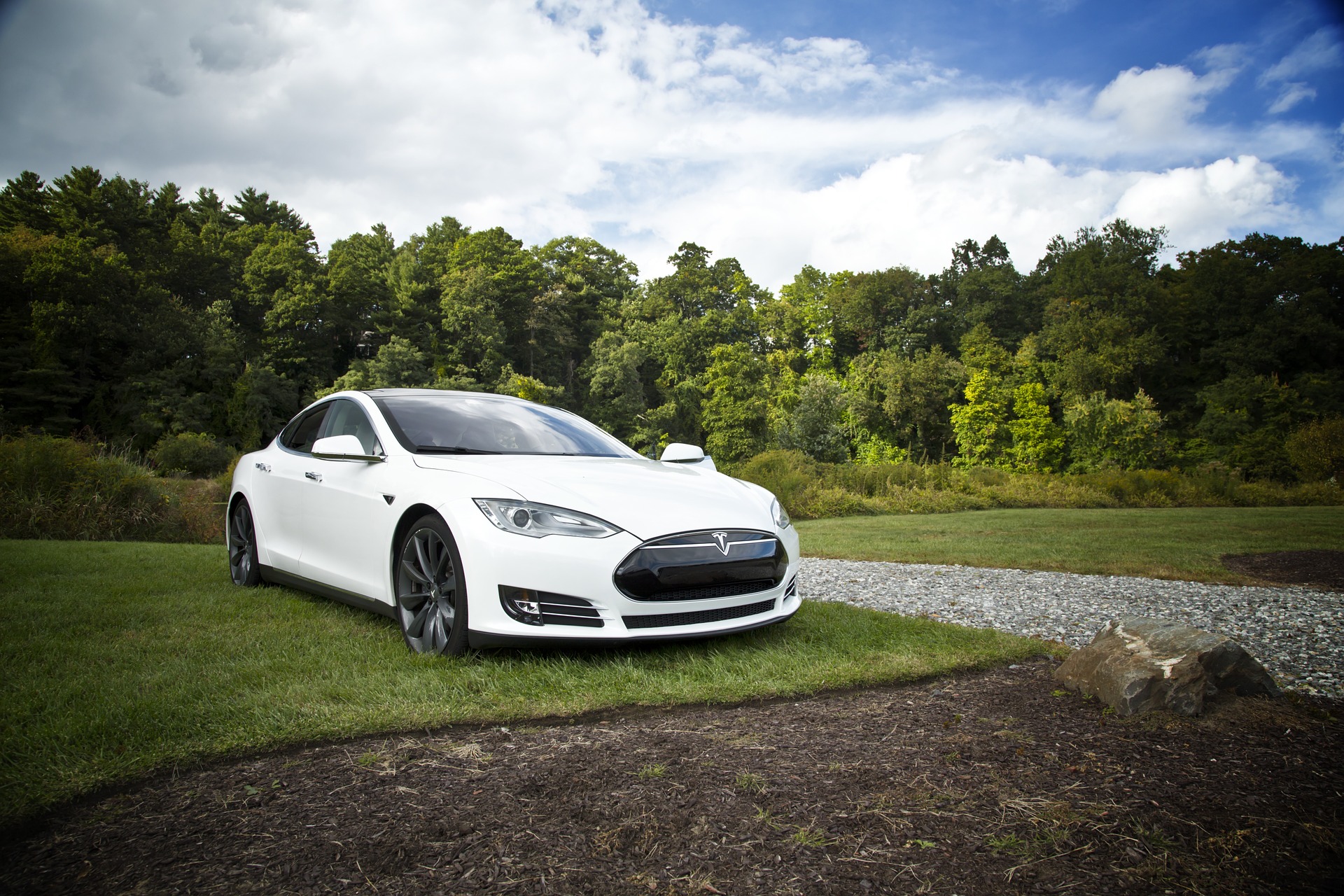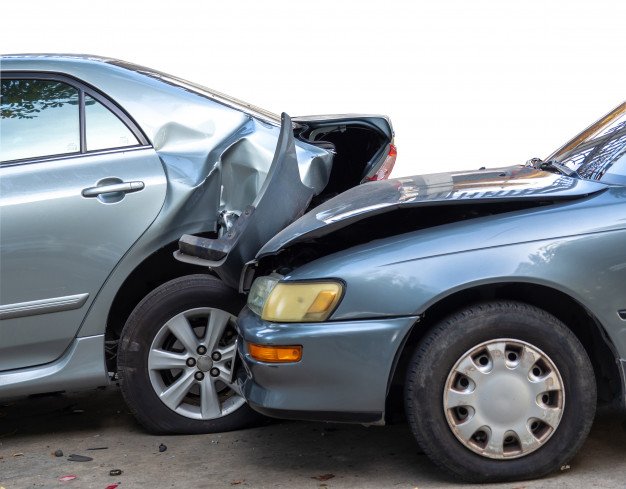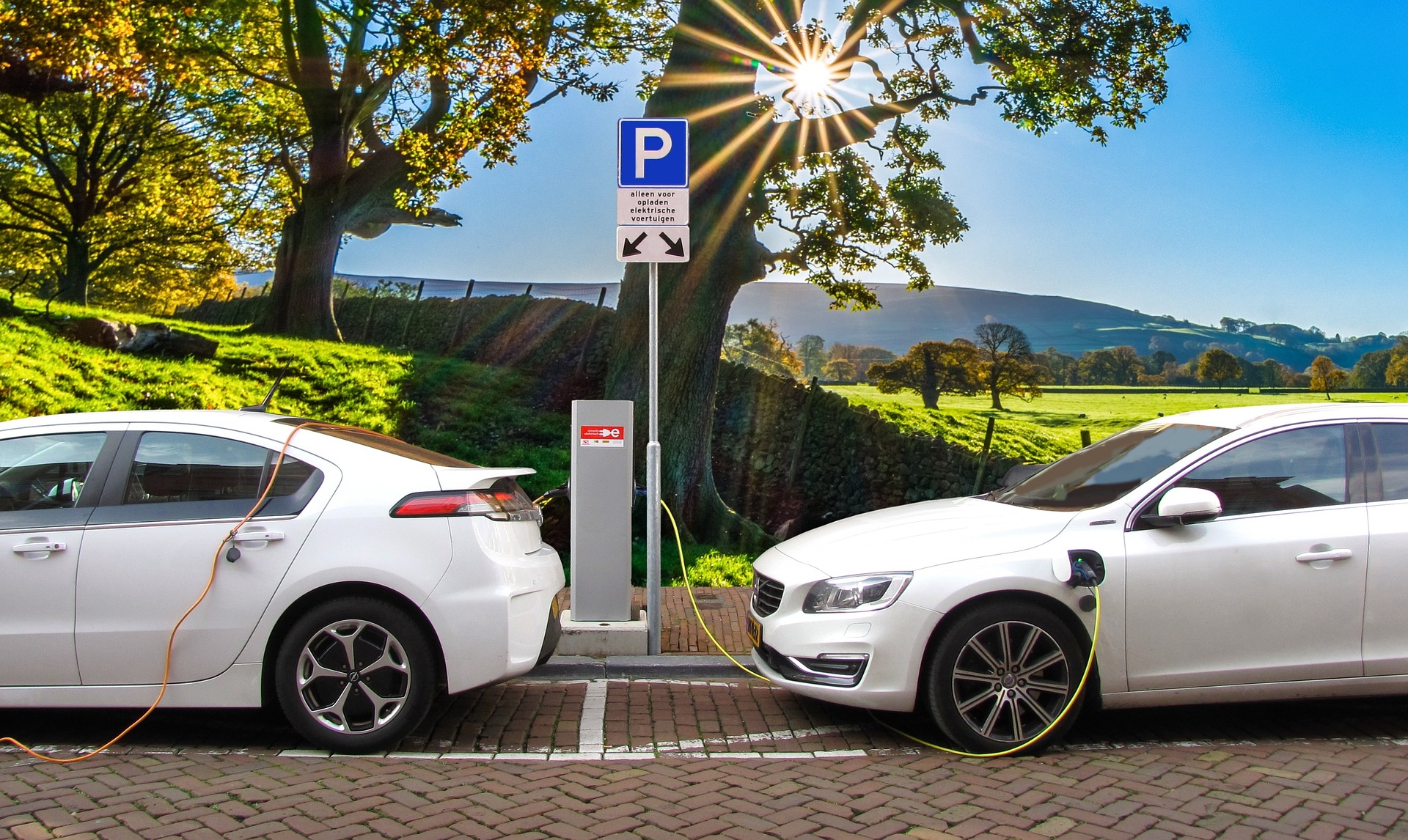Looking to buy an inexpensive car? Then think about buying a used car rather than an expensive new car. Buying pre-owned vehicles can provide the same comfort as a new car, provide quality transportation for years, and can significantly save you money.
Here’s a list of reasons why you should buy a used vehicle.
1. Cheaper price tag:
The price of a used car is a lot less intimidating than the price of a new car. New vehicles are great to have, but cars still lose most of their value early in their lifespan. The inevitable law of depreciation remains a significant reason to purchased used cars instead.
2. Several options:
If you’re buying a new car, there are only a few brands and models available for you to choose from. But, when you purchase a used vehicle, you can look around and pick a specific car that best suits your needs.
3. Cheaper insurance rates:
New car insurance can be cheaper. However, the insurance rates for a used car are less expensive than they would be for new cars. It means you will be saving money on the vehicle itself and on your insurance, both at the same time.
4. Cheaper registration fees:
The same as with car insurance, several states charge a cheaper fee to register a vehicle if it has a lower transaction price. While some states increase its registration fees to generate more income, purchasing a used car is a good way to avoid rising registration fees.
5. Used cars now are much more reliable than in the last century:
With the help of today’s technology, vehicles are designed and manufactured to last longer, which makes modern used vehicles more reliable and dependable.
6. Negotiate the price:
You can purchase the vehicle for lower than its asking price if you successfully haggle about its price with the seller.
7. Cut down on maintenance costs:
Maintenance costs tend to be cheaper when you purchase a used car. You can also save money on internal configurations, premium oil, and more.
8. Less depreciation:
Brand new cars are bound to lose around half of their value in the first five years after purchase. However, used cars do not depreciate so fast, making your purchase a good investment.
9. Cheaper customization costs:
Since you’re purchasing a used car, you may install features on your own at a more affordable price than on a new car.
10. Certified pre-owned vehicles:
Certified pre-owned vehicles assure buyers that they’ll be getting a car that drives like new. It also ensures buyers that they’re buying quality and thoroughly inspected cars at a bargain price. Certified pre-owned vehicles may sometimes have an extended warranty, unique financing, and other benefits.
Buying used cars in Utah, Florida or any state is exciting, especially with several great options to choose from on the market today. These are some of the reasons why buying a used vehicle is worth it.
Read Also:






















